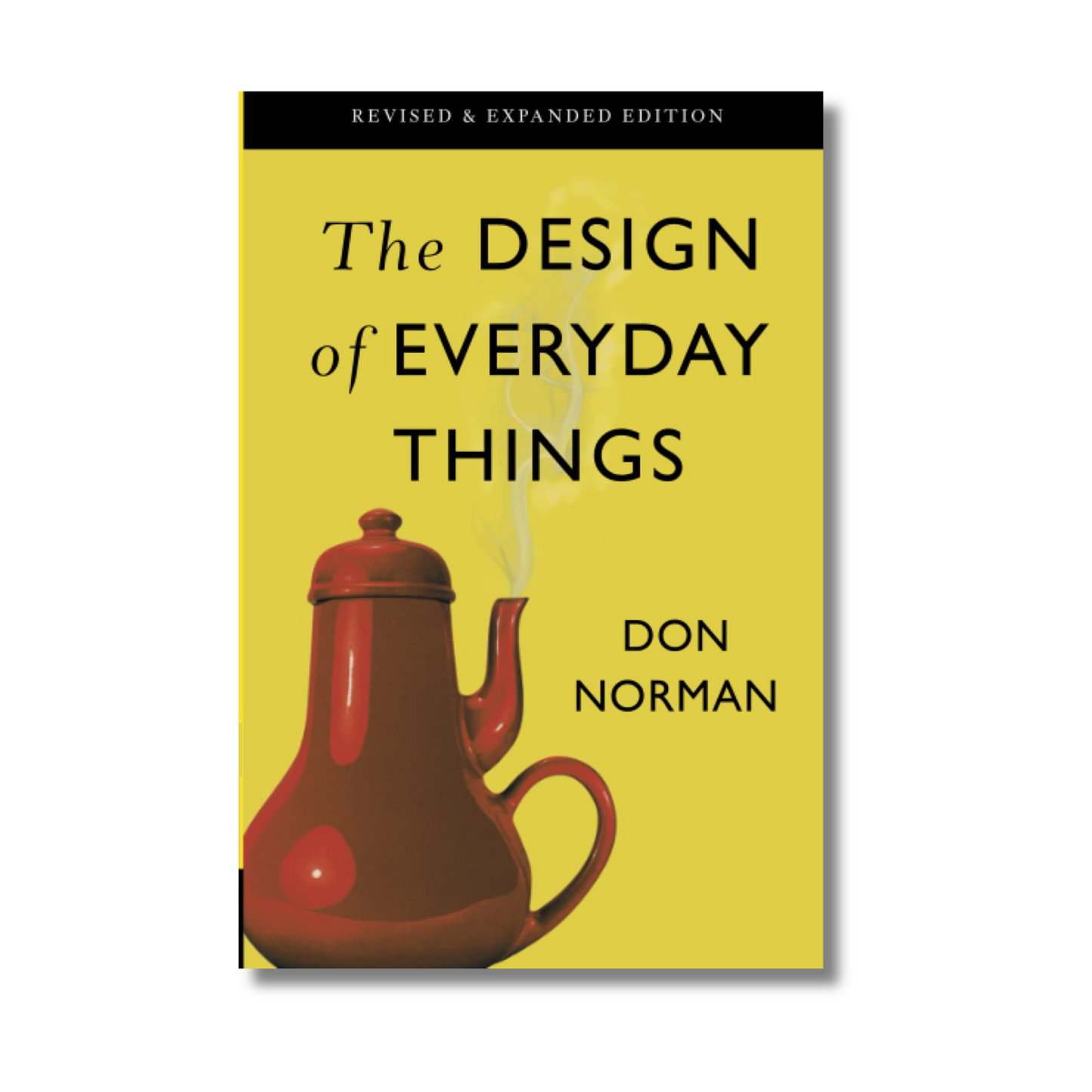
"The Design of Everyday Things" by Don Norman is a classic book that explores the role of design in our daily lives. Norman, a cognitive psychologist and design expert, explains how good design can make products and systems easy and enjoyable to use, while poor design can lead to frustration, confusion, and even accidents.
The book is divided into two parts. In the first part, Norman introduces the principles of good design and explains why some products are easy to use while others are not. He explores the role of feedback, affordances, and mental models in design, and shows how designers can use these concepts to create products that are intuitive and user-friendly.
The second part of the book focuses on the practical applications of good design. Norman explores the design of everyday objects, such as doors, faucets, and telephones, and shows how good design can make them easy and pleasant to use. He also examines the design of complex systems, such as cars, airplanes, and computers, and shows how poor design can lead to serious errors and accidents.
Throughout the book, Norman provides engaging examples and real-life stories that illustrate the principles of good design. He also provides practical advice for designers, engineers, and anyone interested in creating products that are easy to use and enjoyable.
"The Design of Everyday Things" is a must-read for anyone interested in design, psychology, or technology. It is a timeless classic that has influenced generations of designers and engineers, and it continues to be relevant and insightful today.
- Choosing a selection results in a full page refresh.
- Opens in a new window.









